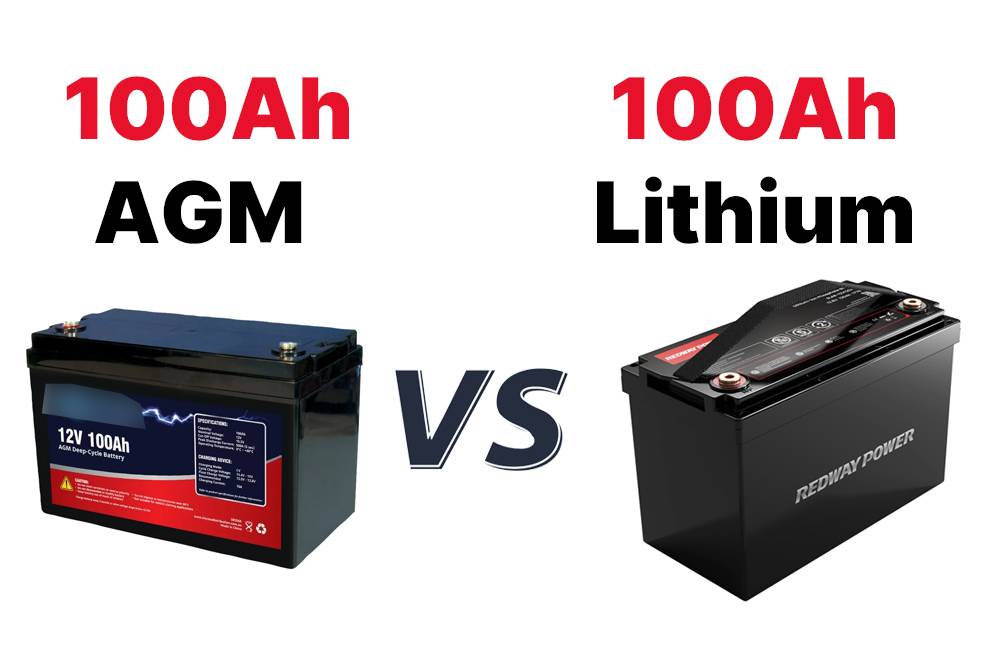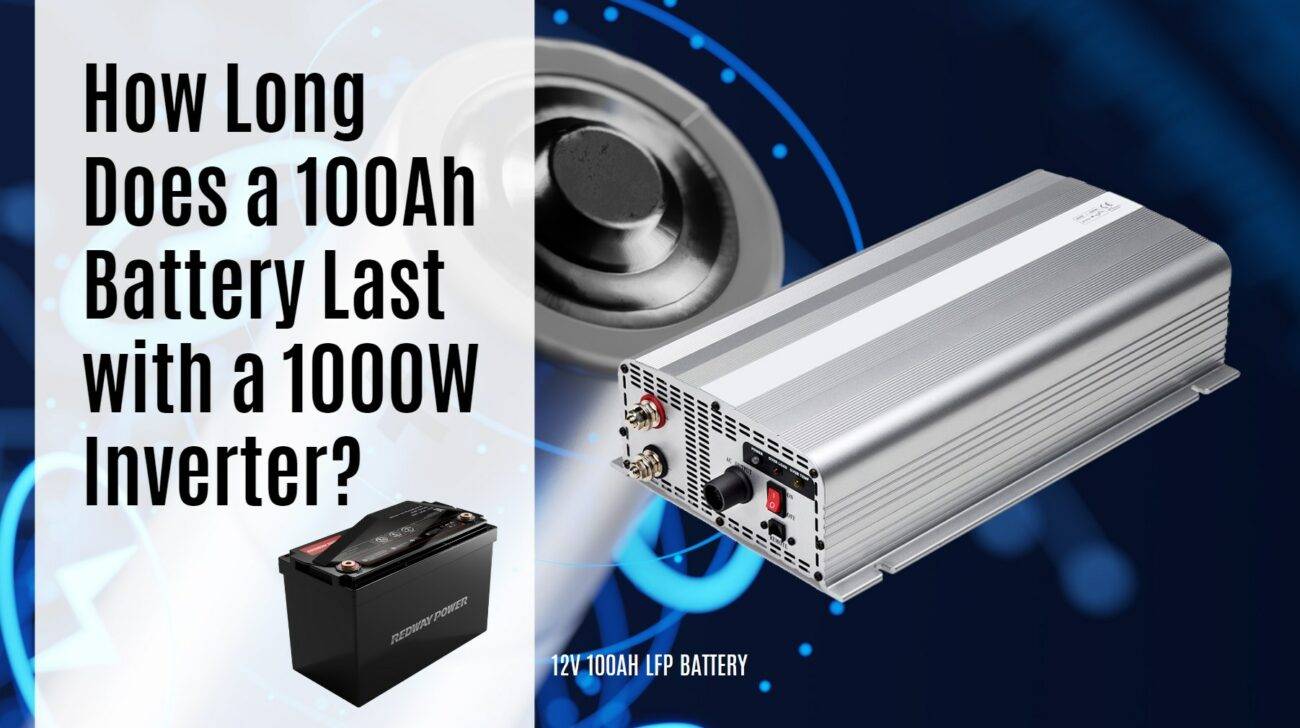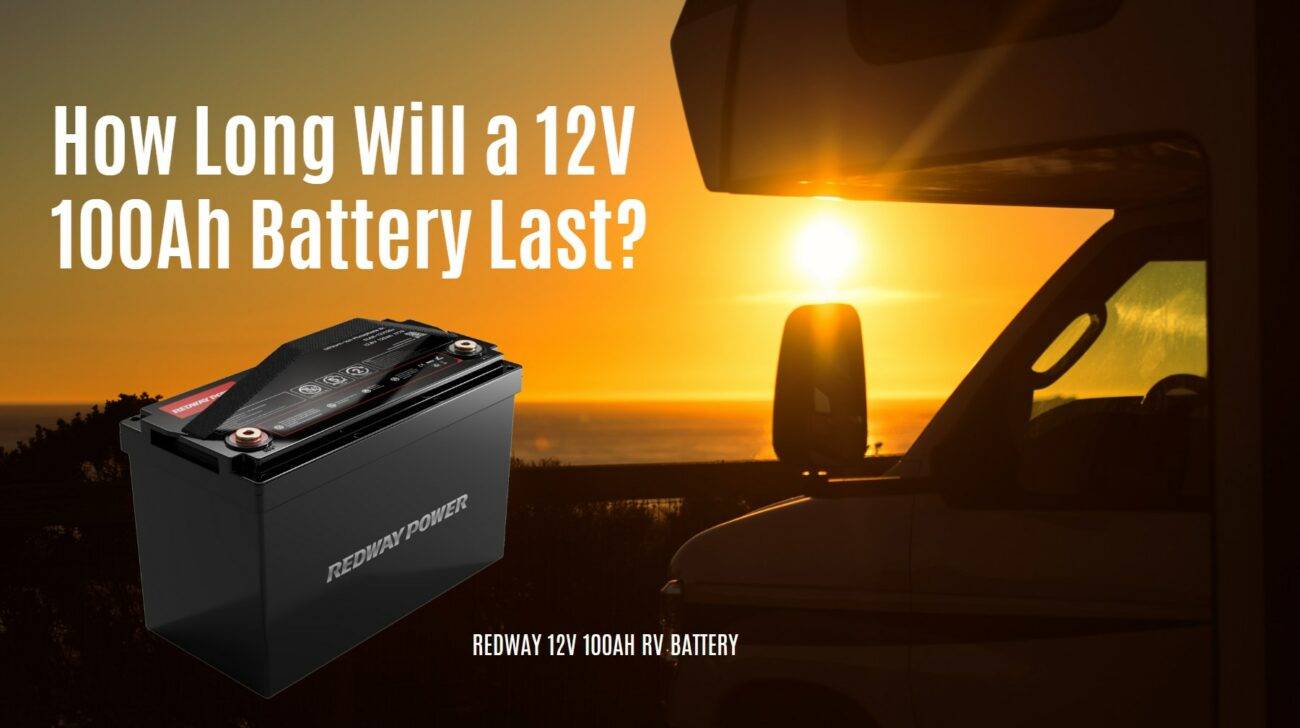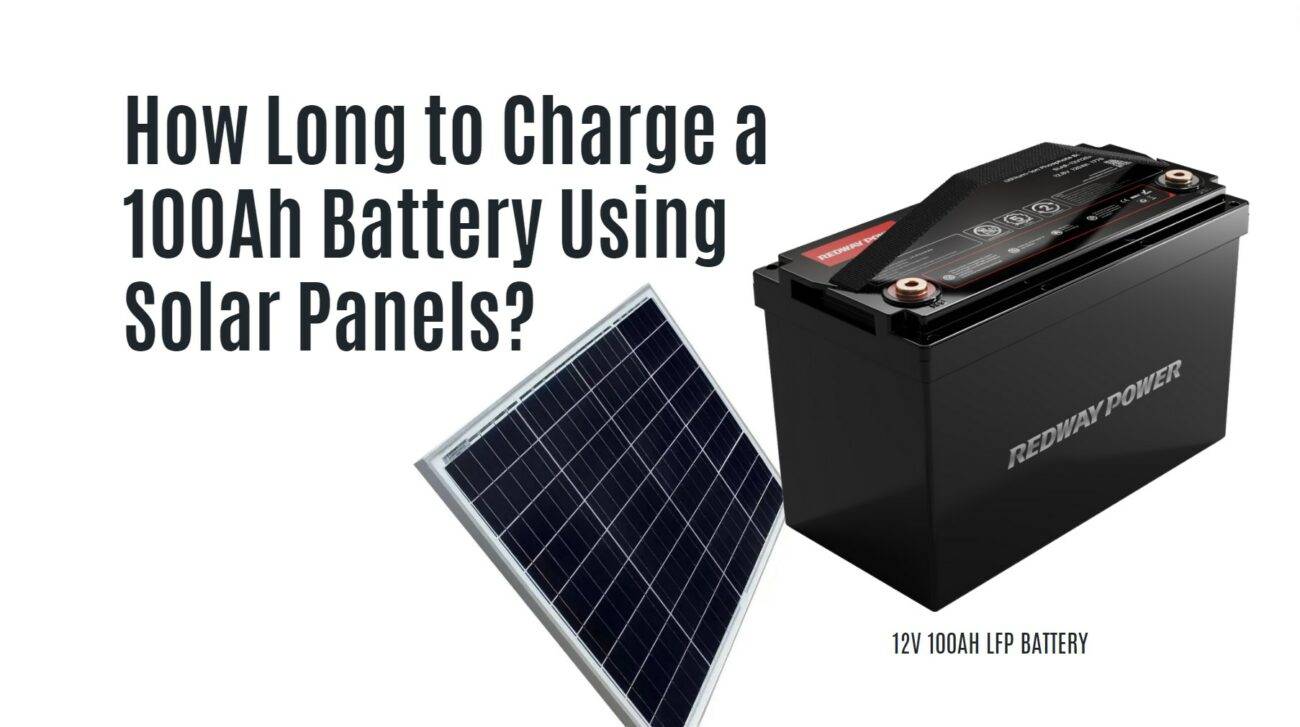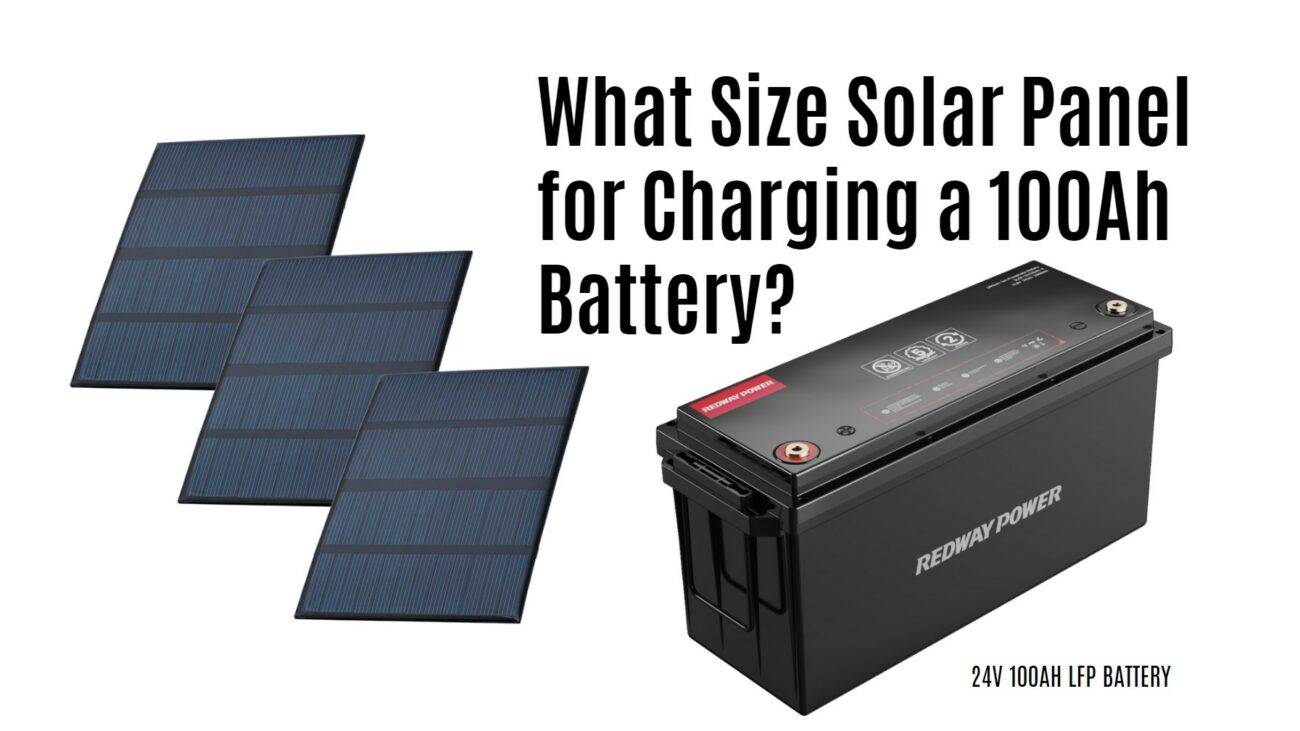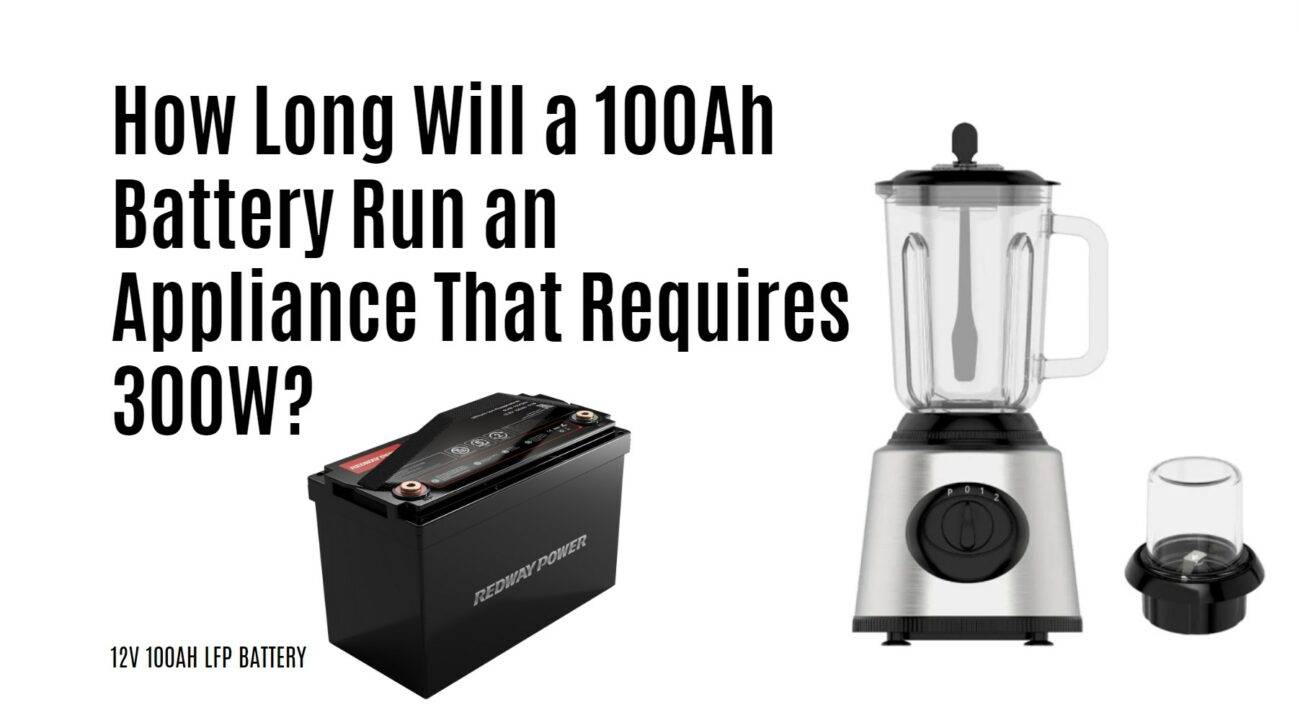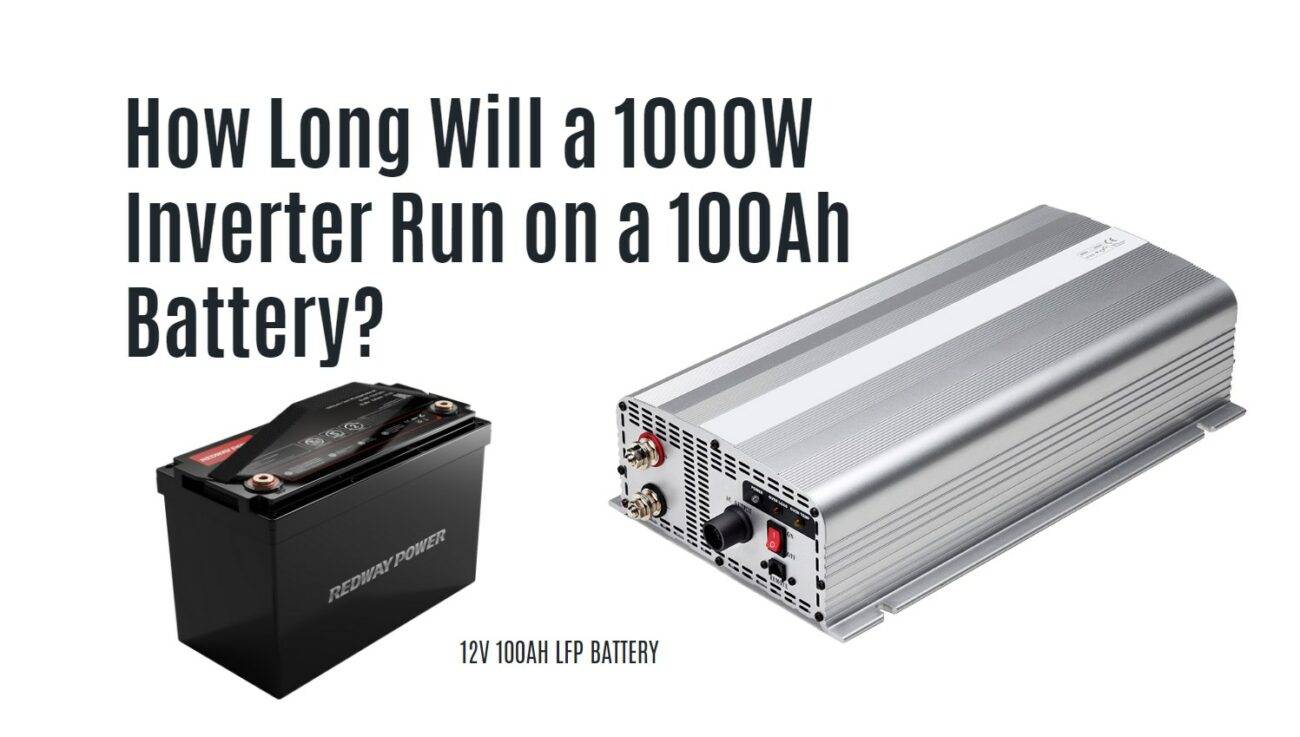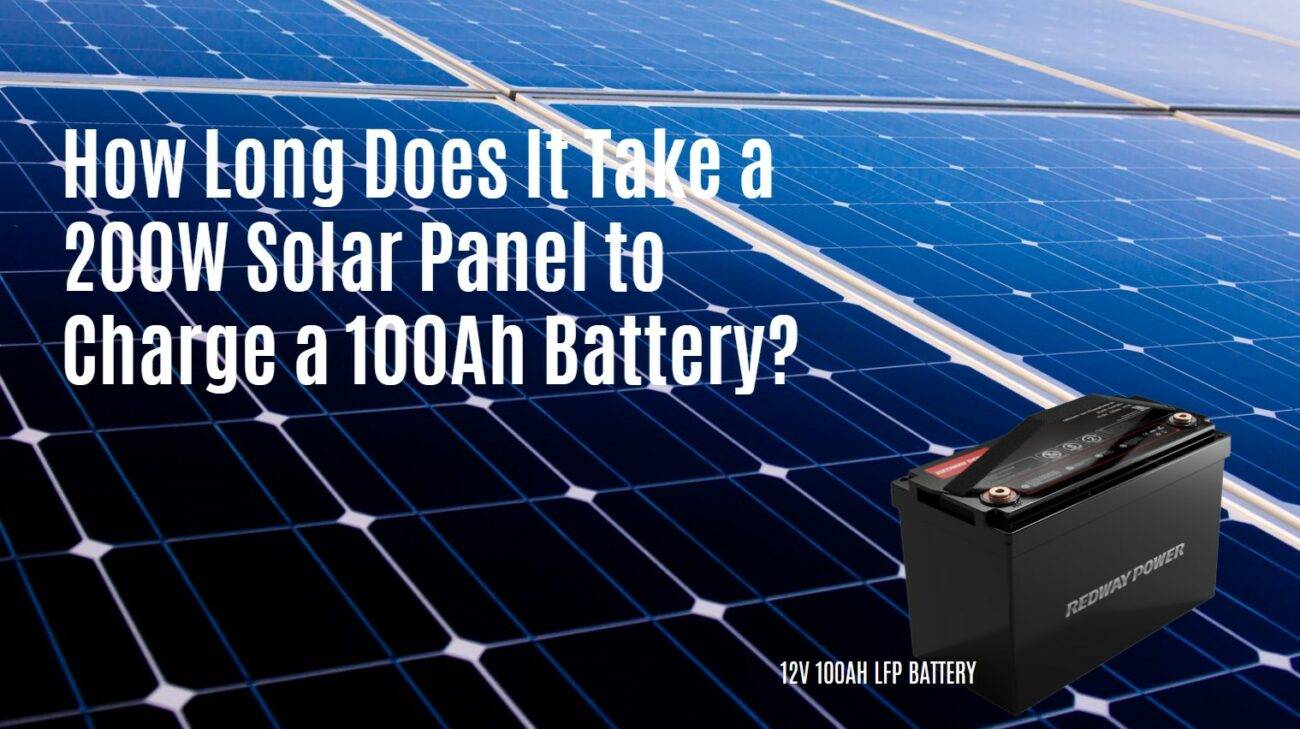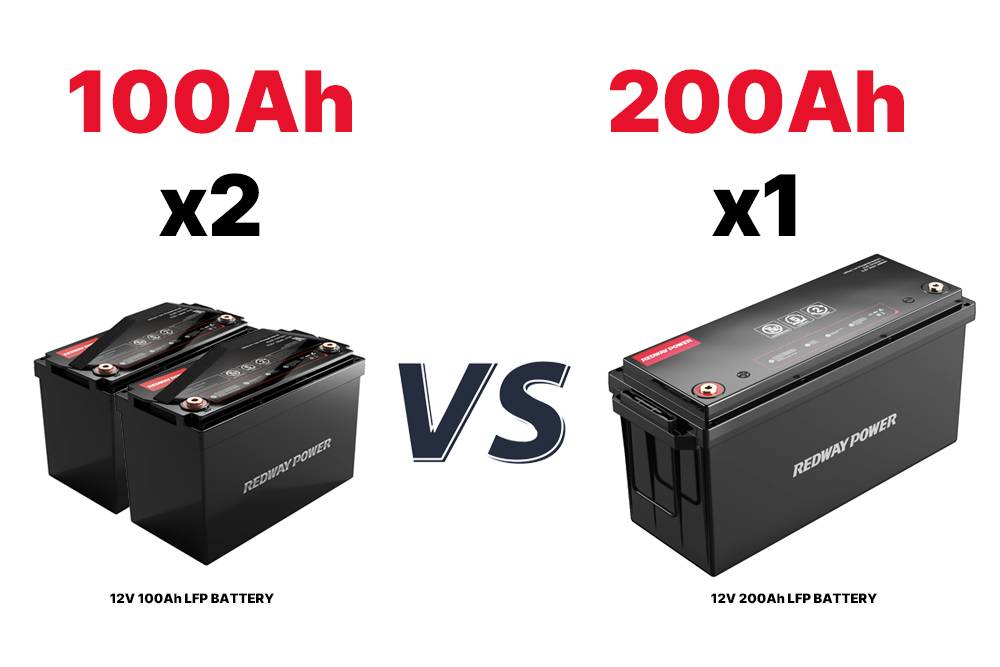When comparing a 100Ah AGM (Absorbent Glass Mat) battery to a 100Ah Lithium battery, there are significant differences in terms of lifespan and cost. To achieve the same lifespan as a single 100Ah Lithium battery (10 years), you would need to use two 100Ah AGM batteries and replace them every 5 years. This results in a higher cost of approximately $1,200 for four AGM batteries compared to one Lithium battery.
Looking to power up your adventures or ensure a reliable backup energy source? Batteries play a crucial role in providing the juice needed to keep things running smoothly. But when it comes to choosing between 100Ah AGM and 100Ah Lithium batteries, which one should you go for? Let’s dive into the world of battery technology to uncover the key differences and help you make an informed decision.
Understanding Battery Capacity: Amp-hours (Ah)
Batteries play a crucial role in powering various devices, from small electronics to large solar systems. Understanding battery capacity is essential for choosing the right one for your needs. Amp-hours (Ah) is a unit used to measure the amount of energy a battery can store and deliver.
In simple terms, Ah indicates how long a battery can provide a certain amount of current before needing recharging. For example, a 100Ah battery can theoretically supply 1 amp of current continuously for 100 hours or 10 amps for 10 hours. It’s important to match the battery’s Ah rating with your power requirements to ensure optimal performance.
When selecting a battery, consider factors like depth of discharge (DoD), which determines how much capacity you can use without damaging the battery’s lifespan. Deep cycle batteries are designed for frequent discharges at lower levels compared to starter batteries.
Understanding Ah ratings and how they relate to your specific power needs will help you choose the right battery for reliable and efficient energy storage solutions.
AGM vs. Lithium Batteries: The Basics
When it comes to choosing between AGM and lithium batteries, understanding the basics is key. AGM (Absorbent Glass Mat) batteries are a type of lead-acid battery that uses a fiberglass mat to absorb electrolytes. On the other hand, lithium batteries, specifically LiFePO4 batteries, use lithium iron phosphate chemistry for higher energy density.
AGM batteries are known for their durability and ability to handle deep cycles without suffering from memory effects like traditional lead-acid batteries. They are also maintenance-free and can be mounted in any orientation. However, they have limitations when it comes to depth of discharge (DoD), typically around 50%.
Lithium batteries, on the other hand, offer higher energy density, longer lifespan, and deeper depth of discharge capabilities compared to AGM batteries. While they come with a higher upfront cost, their efficiency and performance make them a popular choice for applications requiring reliable power storage solutions.
Pros and Cons of AGM Batteries
AGM batteries, or Absorbent Glass Mat batteries, have their own set of advantages and disadvantages. One major pro is their maintenance-free design – no need to worry about adding water regularly like with traditional lead-acid batteries. AGM batteries also excel in deep cycle applications, making them ideal for powering devices over an extended period.
On the flip side, AGM batteries tend to be heavier than lithium options, which can be a drawback if weight is a concern for your setup. Additionally, AGM batteries typically have a higher upfront cost compared to lead-acid alternatives. While they do offer good performance and reliability, some users may find the initial investment off-putting.
Weighing the pros and cons of AGM batteries is essential when choosing the right power source for your needs.
Pros and Cons of Lithium Batteries
Lithium batteries have gained popularity in recent years for their high energy density, longer lifespan, and lighter weight compared to traditional lead-acid batteries. One of the main advantages of lithium batteries is their ability to provide more power with a smaller footprint, making them ideal for applications where space is limited.
Another pro of lithium batteries is their lower self-discharge rate, meaning they can hold a charge for longer periods without needing recharging. This makes them great for use in devices that require consistent power supply over time. Additionally, lithium batteries are known for their faster charging times compared to other types of batteries, allowing users to quickly recharge and get back to work or play.
On the flip side, one drawback of lithium batteries is their higher upfront cost compared to lead-acid or AGM batteries. While the initial investment may be higher, many users find that the long-term savings from increased efficiency and durability outweigh this con.
When considering whether to choose lithium batteries over other options like AGM or lead-acid, it’s essential to weigh these pros and cons carefully based on your specific needs and budget constraints.
When to Choose AGM or Lithium Batteries?
When deciding between AGM and Lithium batteries, consider your specific needs. AGM batteries are more affordable upfront but may require more frequent replacements compared to long-lasting Lithium batteries. If you prioritize cost-effectiveness and don’t mind replacing batteries sooner, AGM could be the choice for you.
On the other hand, if you value durability and longevity in battery performance, investing in Lithium batteries might be the better option despite the higher initial investment. Lithium batteries offer higher energy density, longer cycle life, and faster charging capabilities than AGM counterparts.
If you require a lightweight solution with high energy efficiency for applications like solar power storage or marine use, then Lithium batteries would be ideal due to their compact size and superior performance. However, if you have budget constraints or need a simple plug-and-play solution without complex maintenance requirements, AGM batteries could still meet your needs effectively.
Understanding the Differences between 100Ah AGM and 100Ah Lithium Batteries
Discover the distinctions between 100Ah AGM and 100Ah Lithium batteries, including differences in lifespan and cost.
- Lifespan: A 100Ah Lithium battery typically lasts up to 10 years, while two 100Ah AGM batteries need to be replaced every 5 years to achieve a similar lifespan.
- Cost: Using four AGM batteries over a 10-year period can be more expensive compared to a single Lithium battery due to the need for replacements.
- Efficiency: Lithium batteries offer higher energy efficiency and can provide a higher usable amp hour capacity compared to AGM batteries.
- Weight: Lithium batteries are significantly lighter than AGM batteries, making them more suitable for applications where weight is a concern.
Conclusion
In the world of battery technology, the choice between AGM and lithium batteries ultimately depends on your specific needs and budget. AGM batteries are reliable and cost-effective options for many applications, offering a lower upfront cost compared to lithium batteries. They are ideal for those looking for a dependable power source without breaking the bank.
On the other hand, lithium batteries provide superior performance in terms of energy efficiency, weight reduction, and cycle life. While they come with a higher initial investment, their long-term benefits may outweigh the upfront costs for those requiring high performance and durability.
When deciding between AGM and lithium batteries, consider factors such as depth of discharge requirements, cycling frequency, weight restrictions, maintenance preferences, and budget constraints. Whether you opt for the tried-and-true reliability of AGM or invest in the cutting-edge technology of lithium batteries like LiFePO4 (lithium iron phosphate), choose wisely based on your specific needs to maximize efficiency and longevity in your battery bank setup.
FAQs
- What is the lifespan of a 100Ah Lithium battery compared to two 100Ah AGM batteries?
- A 100Ah Lithium battery typically lasts up to 10 years, while two 100Ah AGM batteries need to be replaced every 5 years to achieve a similar lifespan.
- Why are Lithium batteries more expensive than AGM batteries?
- Although Lithium batteries have a higher upfront cost, they offer a longer lifespan, reducing the need for frequent replacements compared to AGM batteries.
Know more at How Many Hours Will A 12v 100ah Battery Last?

